Directory
- Share
Jennifer Saari
- Alumni
- United States
- 2008 PhD Education
- Trinity Hall

Jennifer Saari
- Alumni
- United States
- 2008 PhD Education
- Trinity Hall
My doctoral research was a comparative study of student engagement and persistence in STEM fields in Finland, Sweden, and United States. In addition to comparative education policy, my current interest is on the intersection of science and mathematics education, and the education of citizens. I am interested in the idea of science and mathematics as part of a humanities education increases our wonder and appreciation of the world, and what it means to be human.
Previous Education
University of Cambridge MPhil, Mathematics Education 2008
University of Turku, Finland Fulbright Fellow, Mathematics 2004
Scripps College BA, Mathematics, Hispanic Studies 2003
Abdullah Hasan Safir
- Scholar-elect
- Bangladesh
- 2024 PhD Interdisciplinary Design
- Trinity Hall
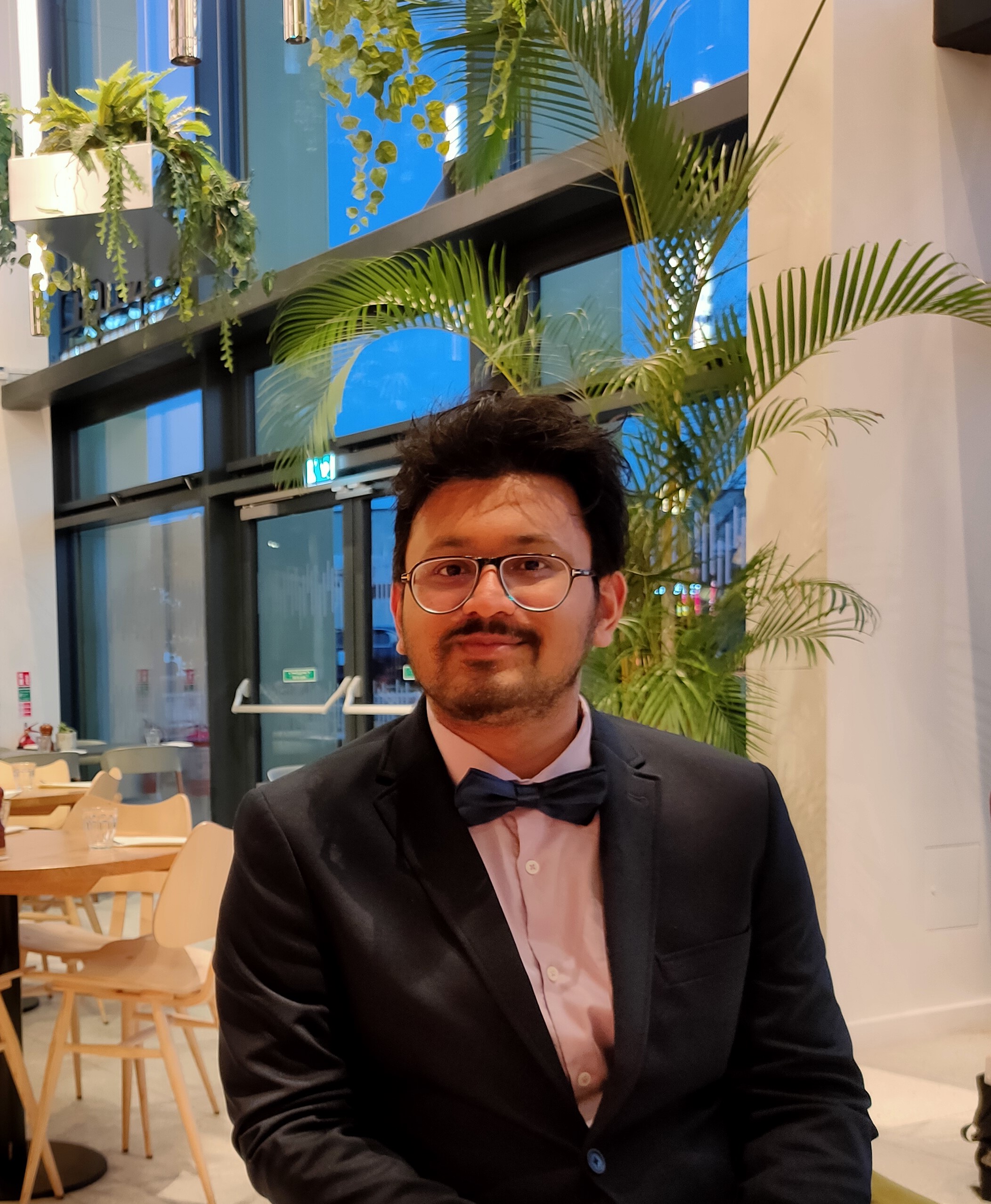
Abdullah Hasan Safir
- Scholar-elect
- Bangladesh
- 2024 PhD Interdisciplinary Design
- Trinity Hall
I am an AI ethics and critical design researcher interested in reimagining AI from Majority World perspectives. I blend decolonial approaches with ethnographic and computational methods to analyse the implications of digital technologies on the historically marginalised populations in the Global South. I have recently completed my MPhil in Ethics of AI, Data, and Algorithms at the Leverhulme Centre for Future of Intelligence (LCFI), University of Cambridge, funded by Trinity Hall Postgraduate Research Studentship. Previously, as a Research Assistant at LCFI, I contributed to organising the Many Worlds of AI conference and co-edited its digital proceedings. I also co-designed a toolkit helping journalists worldwide in responsibly communicating AI’s harms and potentials. I completed my MA at the Centre for Interdisciplinary Methodologies (CIM), University of Warwick with Commonwealth Scholarship, achieved distinctions, and was awarded for my academic excellence. Prior, as a Senior Research Associate at BRAC University, I co-developed a Digital Strategy Primer for Bangladesh launched by the State Minister of the ICT Division in collaboration with the University of Oxford.
Previous Education
University of Cambridge Ethics in AI,Data&Algorithms 2024
University of Warwick Digital Media and Culture 2022
Bangladesh University of Engineering & Technology Civil Engineering 2018
Links
https://www.abdullahsafir.net
https://www.linkedin.com/in/abdullah-safir-07944122b
Farhan Samanani
- Alumni
- Canada
- 2013 PhD Social Anthropology
- Trinity Hall
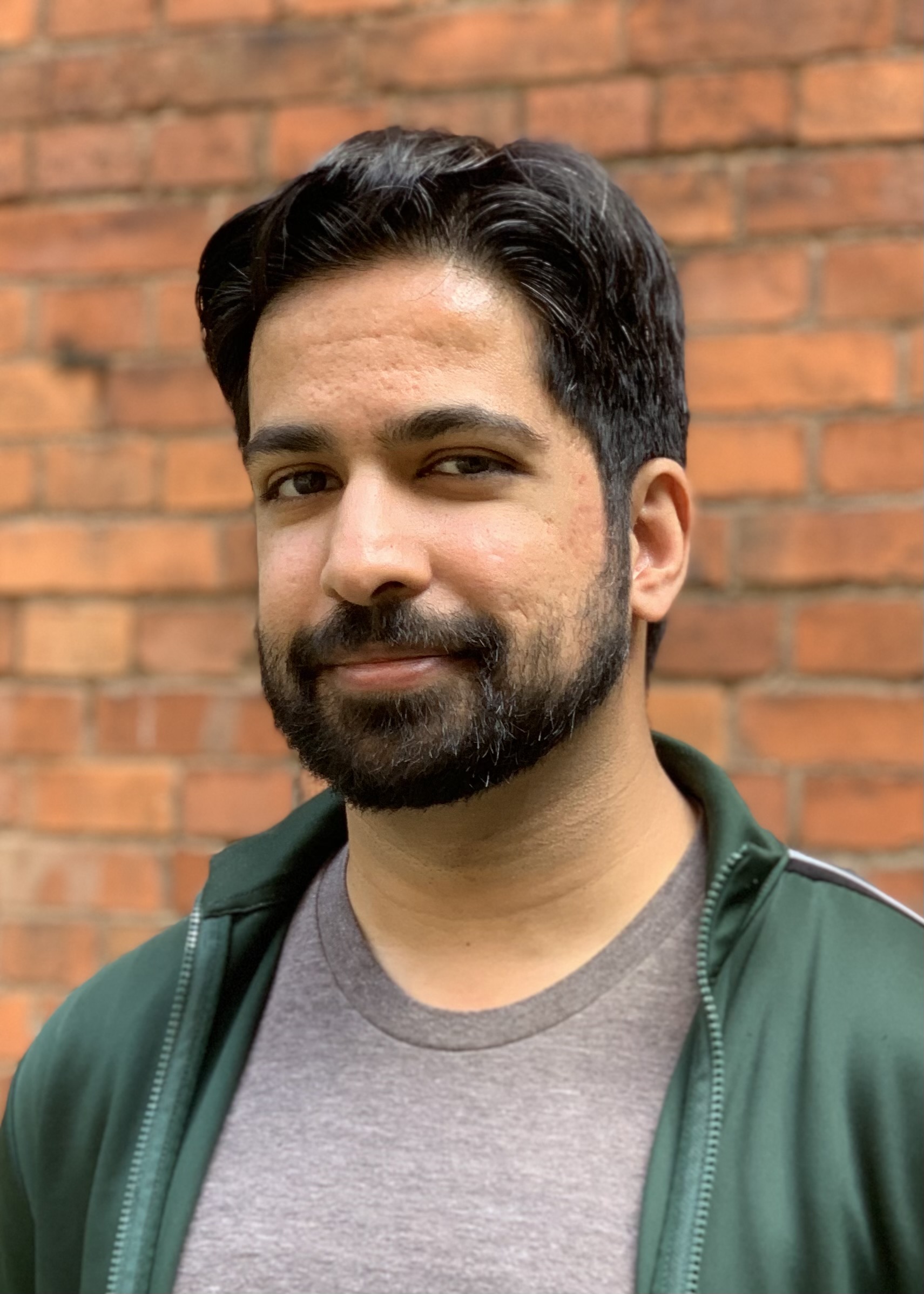
Farhan Samanani
- Alumni
- Canada
- 2013 PhD Social Anthropology
- Trinity Hall
I work as an academic who strives to bridge research and practice, looking at questions of how we build community and common cause across lines of difference. I completed my PhD in Social Anthropology as a Gates Cambridge Scholar, held a post in Human Geography for a year at the University of Oxford, and am currently a Fellow at The Max Planck Institute for the Study of Religious and Ethnic Diversity. At Cambridge, my research focused on how people imagined and worked to build community in a highly-diverse London neighborhood, and what drew people together or held them apart. At Oxford, I looked at how cuts to public services were impacting the experiences of first-time parents, and at how the design of our cities and services shapes possibilities for care. My current research explores how community organizers in East London work to build diverse coalitions to drive meaningful grassroots-led political change -- and who or what gets included or left behind in these processes. I am committed to producing public-facing research that's capable of producing real change, and have worked for a range of non-profit and community groups, from the small to the international.
I've written for a range of academic and popular-press publications. If you want a sense of the sort of work I do, check out: https://aeon.co/essays/whats-the-best-way-to-find-common-ground-in-public-spaces
Links
Matthew Samson
- Alumni
- Australia
- 2014 PhD Psychology
- Trinity Hall
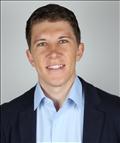
Matthew Samson
- Alumni
- Australia
- 2014 PhD Psychology
- Trinity Hall
In versions one to three of this biography, I tried my best to show everyone why I think I’m a worthy Gates Scholar. I drew continuities between my different extra-curricular activities and my current research. In truth, I just did things – unexceptional things – because I found them interesting. I was never the brightest person in my class. I stumbled into my local university (you probably haven’t heard of it) after a particularly calamitous and short lived stint in investment banking. I did social psychology because I thought it could give me the edge to overcome my anxiety, captivate that special someone and play better cricket. Ironically, my PhD now focuses on precisely how little psychology speaks to those things. Instead, I argue that psychology can be useful when looking at trends, and that the individual – you – are eminently unknowable. It is this paradigm that guides my current study of happiness at scale… Overall, I am lucky. I’ve progressed down a path that I never planned, and towards a future that might never be clear. I’m just thankful that mum and dad are proud.
To those who are considering applying to Gates/Cambridge: I was rejected outright from Oxford and loads of other universities. My only offer was to Cambridge. I felt like an imposter when I arrived. I don’t anymore. Just give it a go!
Mayumi Sato
- Scholar
- Canada, Japan
- 2021 PhD Sociology
- Trinity Hall
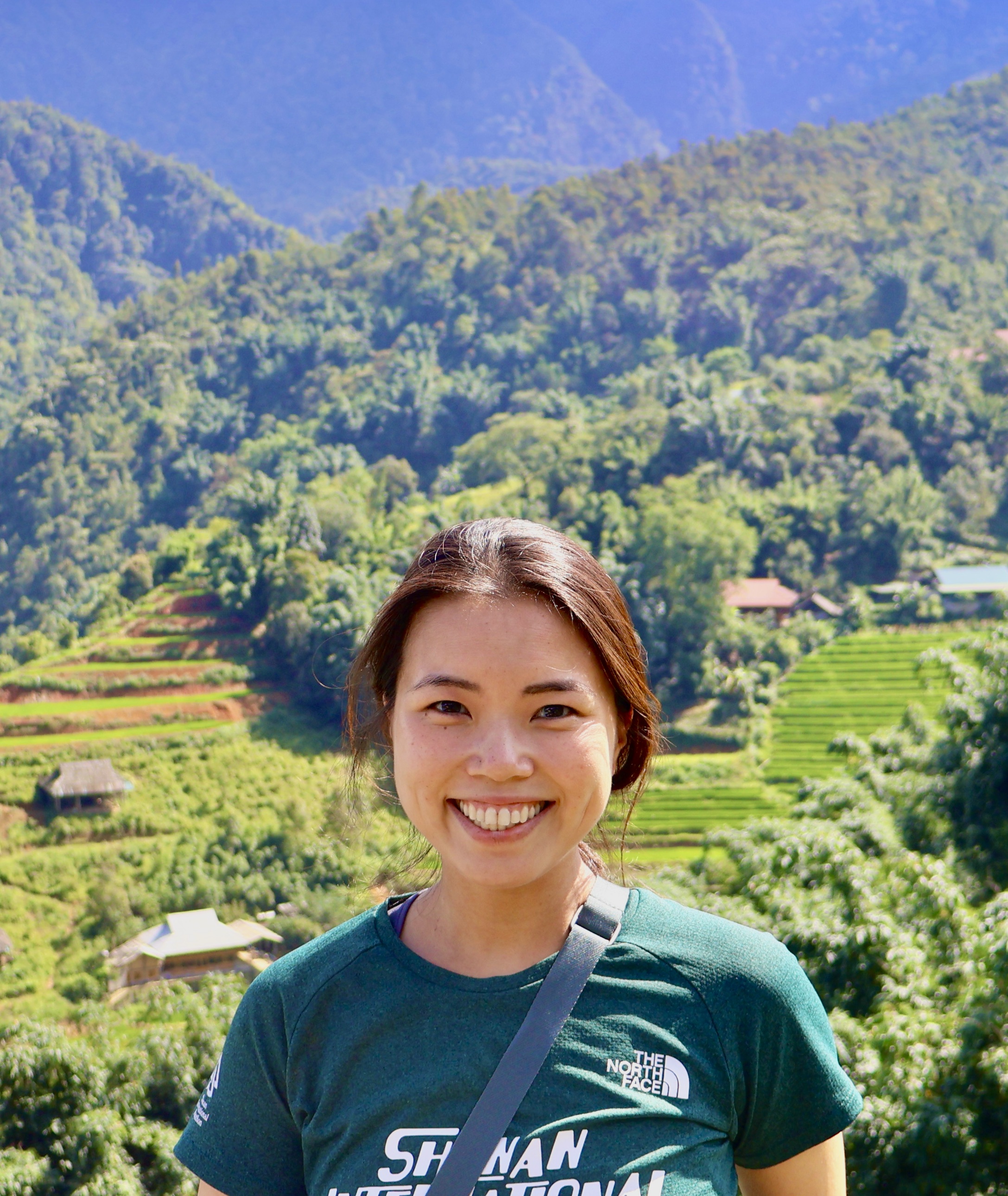
Mayumi Sato
- Scholar
- Canada, Japan
- 2021 PhD Sociology
- Trinity Hall
Growing up in Asia and North America, I have always felt contradicting experiences of identity - one that oscillates between the desire to belong in a new country and the desire to remember my home roots, while ultimately finding myself not fully accepted in either. From a young age, I used my personal experiences as an opportunity to make sense of the world, and to unpack the societies I moved through. Between academic degrees, I worked on issues of reforestation, gender and social equity in forest landscapes, and land resettlement and reparations in Asia, North America, and Europe. My studies and work has allowed me to develop my current research interests, which focus on the intersection between environment and social justice. My research is centered on practices of environmental justice and resistance, which serve as broader social struggles for freedom and land recognition and reclamation. Through my research, I hope to share public-facing knowledge and flatten the power hierarchies between how "research" is credited and produced, and to translate scholarship in ways that are accessible and useful within and outside the academy.
Previous Education
University of Cambridge Sociology 2020
McGill University Honours Geography 2017
Emma Sayer
- Alumni
- Switzerland
- 2001 PhD Plant Sciences
- Trinity Hall

Emma Sayer
- Alumni
- Switzerland
- 2001 PhD Plant Sciences
- Trinity Hall
I conducted the field-work for my PhD thesis in Tropical Ecology in Panama, Central America, and was awarded two postdoctoral fellowships to continue my work on carbon cycling in tropical forest for another 4 years. I then moved to CEH Wallingford, to train in molecular methods in microbial soil ecology to further investigate soil processes. In 2012, I started my current post as Lecturer in Environmental Sciences at the Open University and I was awarded an ERC Starting Grant for a 5-year research project on forest carbon dynamics under climate change.
William Schmidt
- Alumni
- United States
- 2009 MPhil Criminology
2010 PhD Criminology - Trinity Hall
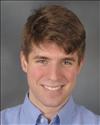
William Schmidt
- Alumni
- United States
- 2009 MPhil Criminology
2010 PhD Criminology - Trinity Hall
I am currently conducting research in the Institute of Criminology for my PhD. Specifically, I am investigating the causes of wrongful convictions. My current project involves a quantitative examination of the causes of wrongful convictions in a sample of cases investigated by the Criminal Cases Review Commission, a public body tasked with overseeing claims of miscarriages of justice in the UK. After completion of my PhD, I hope to continue empirically evaluating legal practices in order to promote more effective criminal justice law and policy reform.
Daniel Schuldes
- Alumni
- Germany
- 2004 MPhil Economics
- Trinity Hall

Daniel Schuldes
- Alumni
- Germany
- 2004 MPhil Economics
- Trinity Hall
Originally from Germany, I look forward to experiencing Cambridge, both as an intellectual challenge as well as a cultural experience. The Scholarship gives me the exceptional opportunity to further my knowledge in Economics- a subject that attracts me since it helps to explain what forms world events. Afterwards, I hope to complete a PhD and work for an international organisation. In my free time, I hope to have a great time getting to know all my fellow scholars.
Suhasini Sen
- Alumni
- India
- 2012 LLM Law
- Trinity Hall
Suhasini Sen
- Alumni
- India
- 2012 LLM Law
- Trinity Hall
Working as a Junior Advocate to Ms. Nitya Ramakrishnan in New Delhi has given me a strong interest in criminal law. A large portion of the work I’ve done has involved the representation of persons charged under regressive national security and anti-terrorism statutes and the experience has thrown up several questions in my mind. For example, while policy makers quote the pragmatic justification for enhanced police power as being the fact that the effects of certain crimes are either more acute or are likely to be felt by society on a much larger scale, does the need to protect public security also provide us with a valid moral justification for the curtailment of civil liberties? At what stage or in what context does it become morally and legally permissible to dilute principles of presumption of innocence and personal liberty? I believe that it is essential for a to have some answers to these questions, and I hope to be able to find them while I pursue my LL.M.
David Serquera Peyro
- Alumni
- Spain
- 2006 PhD Oncology
- Trinity Hall
David Serquera Peyro
- Alumni
- Spain
- 2006 PhD Oncology
- Trinity Hall
While in Cambridge I was researching the mechanical folding of the multiankyrin repeat proteins. Those proteins are scaffolds in protein-protein interactions and nanosprings in mechanoelectrical transduction processes. Both activities are connecting the protein folding problem with diseases like cancer and prion diseases. The protein folding problem consists of understanding how proteins, the machines and structures of the cell, can reach its three dimensional structure. The correct folding of the proteins determine their function and a bad folding of the protein triggers some diseases. The basic knowledge gained with these researches is serving to produce new drugs in preventing protein aggregation, the consequence of many folding diseases. From my medical experience I understand that protein folding is at the core of modern medicine.https://cambridge.academia.edu/DavidSerquera
Margot Serra
- Scholar
- United States, France
- 2023 PhD Biological Anthropology
- Trinity Hall
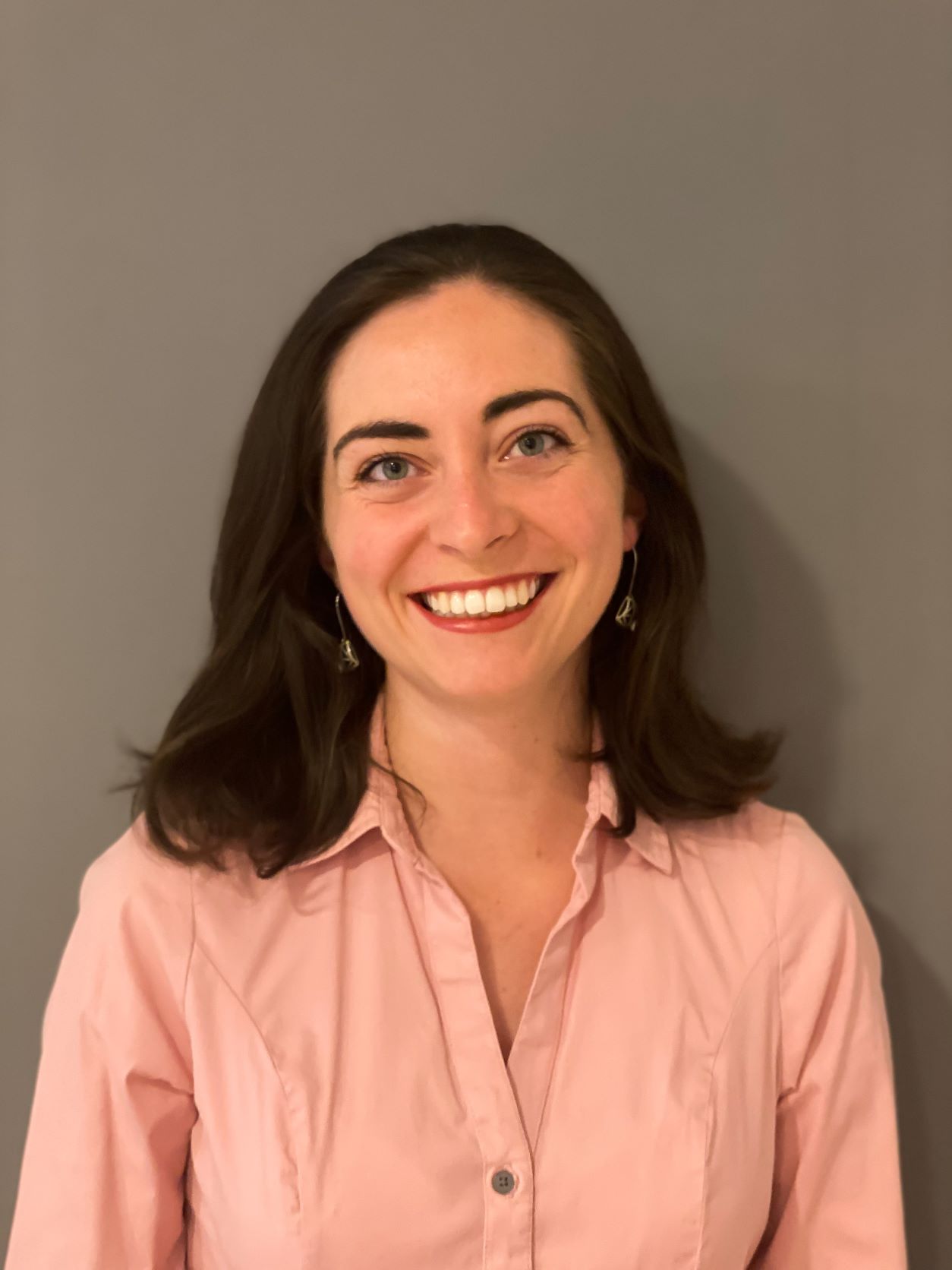
Margot Serra
- Scholar
- United States, France
- 2023 PhD Biological Anthropology
- Trinity Hall
I was born in France but grew up in the Bay Area in California. I have always been interested in combining social and biological sciences to study past human populations. After completing a BA & BSc in Anthropology and Molecular Biology from McGill University, I studied at University College London to do a MSc in Bioarchaeological and Forensic Anthropology. I then decided to undertake a second MA in Anthropology at San Francisco State University where I researched the feasibility and potentials of carrying out palaeopathological analyses of human remains found in looted Prehispanic communal tombs. My PhD research at Cambridge focuses on reconstructing Middle Preceramic (ca. 7000-6000 BP) lifeways in the Lower Ica Valley of Peru, relying on a comparative osteobiographical approach that integrates archaeological, bioarchaeological, and paleopathological lines of evidence. This project will explore the overall diversity of Preceramic communities' biocultural adaptations to the environment of coastal Peru, including within the contexts of the lomas (fog oases) and the nearby hinterlands.
Previous Education
San Francisco State University Anthropology - bioarchaeology 2023
University College London Bioarchaeology & Forensic Anth 2019
McGill University Anthropology and Biology 2018
Buntarika Somboonsub
- Alumni
- Thailand
- 2005 LLM Law
- Trinity Hall

Buntarika Somboonsub
- Alumni
- Thailand
- 2005 LLM Law
- Trinity Hall
I'm definitely sure that our friendship will last even we will be in different part of the world!
Bart Szewczyk
- Alumni
- United States
- 2001 MPhil International Relations
- Trinity Hall
Bart Szewczyk
- Alumni
- United States
- 2001 MPhil International Relations
- Trinity Hall
Bart M.J. Szewczyk (SHEF-chick) is an Associate-in-Law at Columbia Law School. Previously, he was a senior associate at WilmerHale and an adjunct professor of international law at George Washington University Law School. He is a term member at the Council on Foreign Relations, member of the Executive Council at the American Society of International Law and fellow at the Truman National Security Project. Bart clerked for President (then Vice-President) Peter Tomka and Judge Christopher Greenwood at the International Court of Justice and for Judge Leonard Garth at the U.S. Court of Appeals for the Third Circuit. He was a visiting fellow at the EU Institute for Security Studies and a consultant in the UN Office of Strategic Planning. He has published in the American Journal of International Law, Harvard International Law Journal, Columbia Journal of European Law, Polish Yearbook of International Law, Cambridge Review of International Affairs, and International Herald Tribune.
Susanna Throop
- Alumni
- United States
- 2001 PhD History
- Trinity Hall
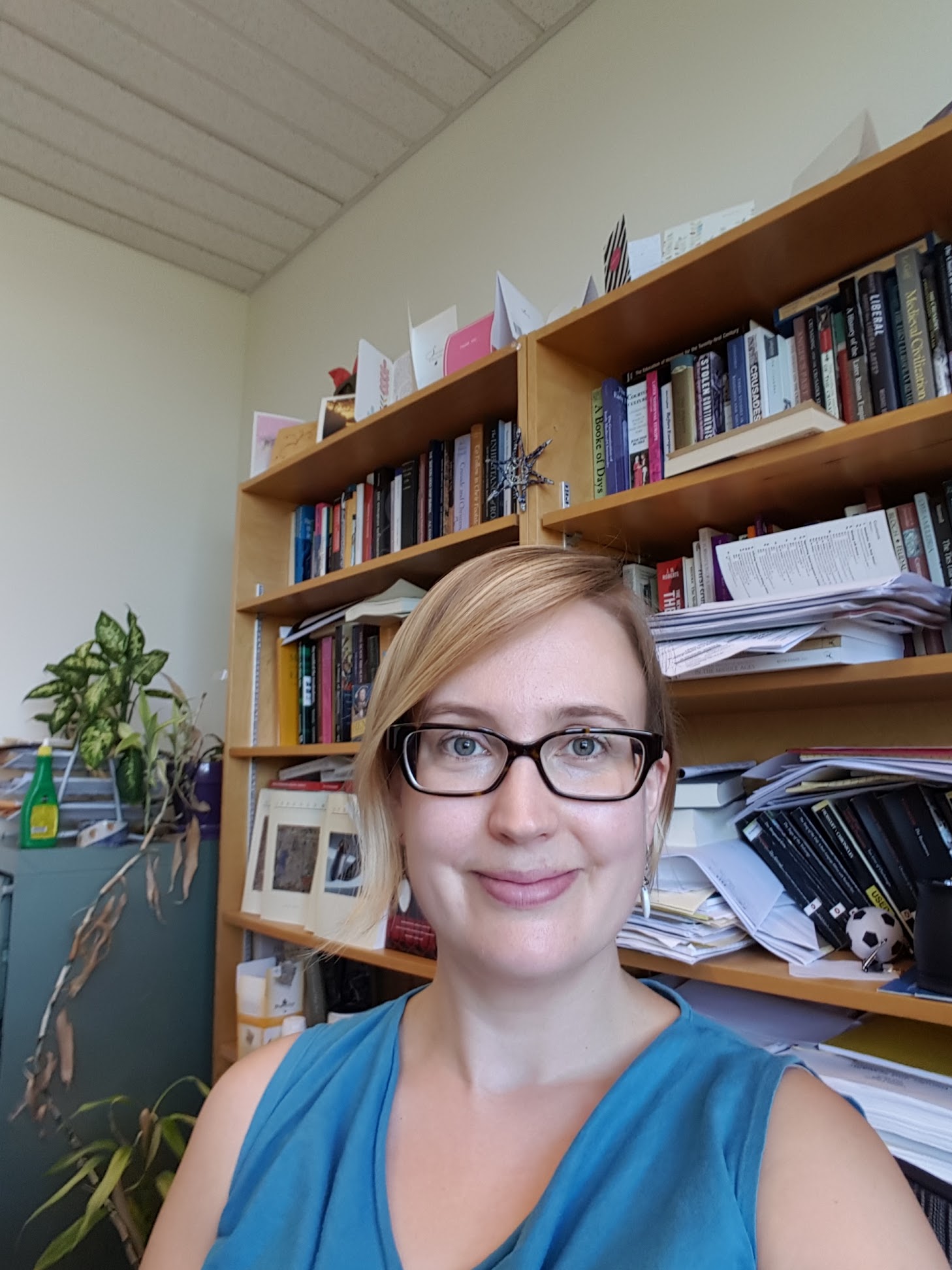
Susanna Throop
- Alumni
- United States
- 2001 PhD History
- Trinity Hall
Nadja Tschentscher
- Alumni
- Germany
- 2010 PhD Biology
- Trinity Hall

Nadja Tschentscher
- Alumni
- Germany
- 2010 PhD Biology
- Trinity Hall
My PhD concerns the relationship between abstract problem solving and the cortical motor system, with a special focus on mental arithmetic. The way in which we process abstract knowledge such as numerical symbols is a highly topical field in current neuroscience. Research has found that a child’s level of motor skill, such as performing complex finger movements, can predict arithmetic task performance. It is thought that a sense of numbers might be acquired through finger counting. I am investigating the interactions between brain areas that initiate movement and those that are involved in complex arithmetic. By using EEG/MEG techniques, I am especially interested in the time-course of activation in neural networks of abstract problem solving. I believe my research will impact upon interventions for people with problems processing numbers and has theoretical and practical implications for teaching mathematics.
Alexander Walther
- Alumni
- Germany
- 2011 PhD Biological Science @ MRC CBU
- Trinity Hall
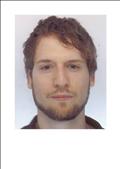
Alexander Walther
- Alumni
- Germany
- 2011 PhD Biological Science @ MRC CBU
- Trinity Hall
I am a computational neuroscientist and data scientist who did his PhD at Cambridge (2011-15).
Elizabeth Wilder
- Alumni
- United States
- 2012 MPhil English Studies
- Trinity Hall
Elizabeth Wilder
- Alumni
- United States
- 2012 MPhil English Studies
- Trinity Hall
I grew up in Tucson, Arizona, and recently graduated from Reed College with a BA in English literature. In 2011, I received a Fulbright grant to Montenegro, where I taught English language and composition in the public university system and helped to coordinate education and outreach programs at American Corner Podgorica. I missed being a student, though, and am glad to be headed back to the stacks. My primary research interests include law and literature; nineteenth-century women's writing; the intersection of cultural studies and narrative theory; and the Victorian novel. I am especially looking forward to exploring the Cambridge archives, which contain materials relating to the unorthodox family arrangements of early feminist, queer, and social reform communities.
Xin Wen Zhang
- Scholar
- Canada
- 2021 PhD Physiology, Development and Neuroscience
- Trinity Hall
 Zhang.jpg)
Xin Wen Zhang
- Scholar
- Canada
- 2021 PhD Physiology, Development and Neuroscience
- Trinity Hall
Nutrition during pregnancy is perhaps the most influential non-genetic factor for fetal development and lifelong health thereafter. Global rates of obesity are increasing at an alarming rate and with that, an increase in obesity during pregnancy. Children of obese mothers have an increased lifetime risk of developing cardiometabolic problems and psychiatric disorders. My PhD work will explore how maternal obesity affects immune activity to disrupt nutrient partitioning capabilities in the placenta. Through this, I hope to elucidate the mechanisms by which maternal obesity impacts fetal growth and offspring metabolism in order to develop targeted interventions for affected children. Developmental programing, reproductive health, and diet during pregnancy as a modifiable risk factor are internationally relevant science communications and public health issues. Knowledge must move from the laboratory into policy in order to reach health services. What’s more, relevant audiences have to understand and correctly apply this information. For these reasons, I am an active proponent to improving scientific literacy and access to education and dedicate my community development initiatives to creating such educational resources.
Previous Education
University of Toronto Reproductive Physiology 2020
University of Western Ontario Medical Sciences 2018








